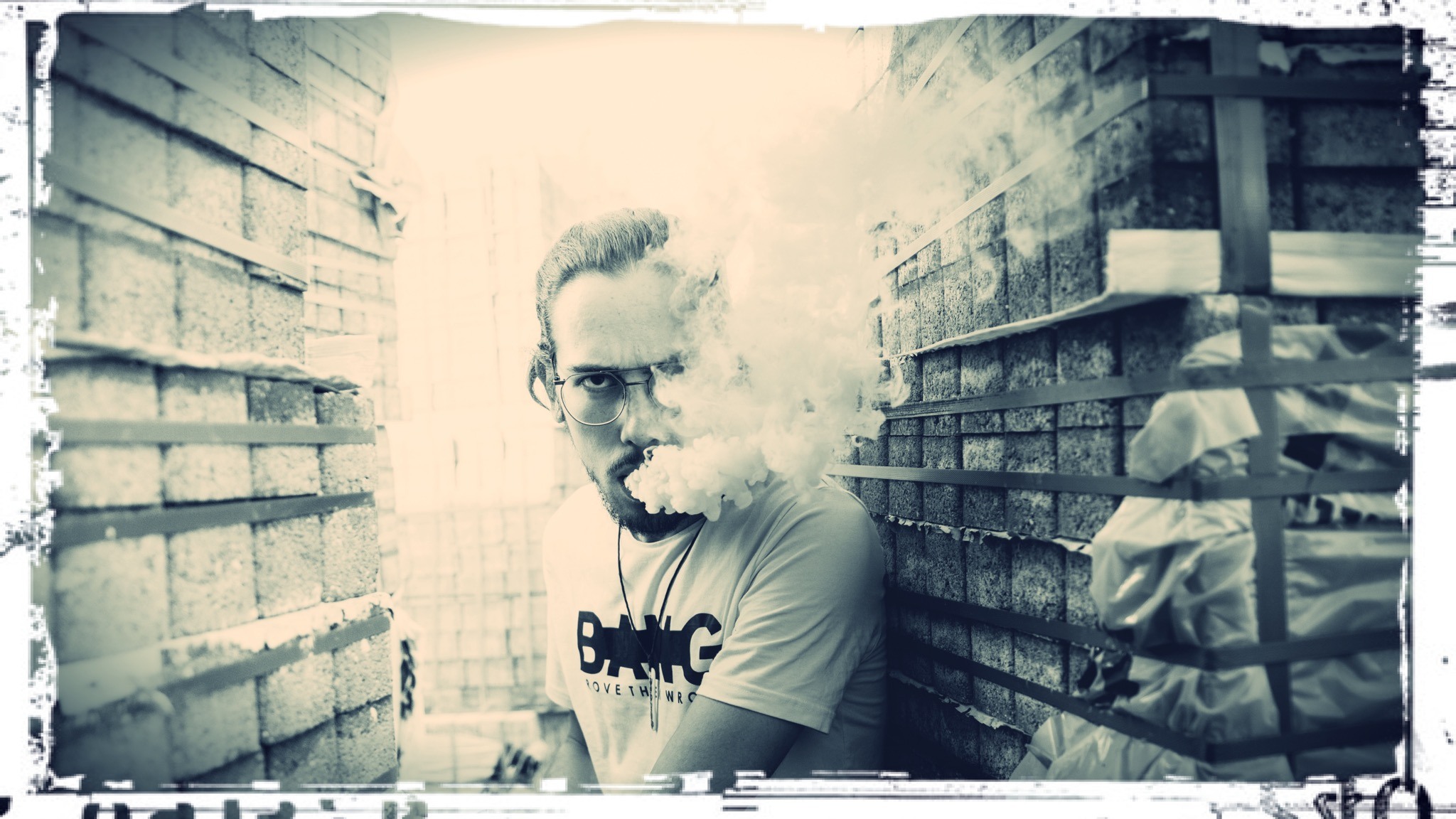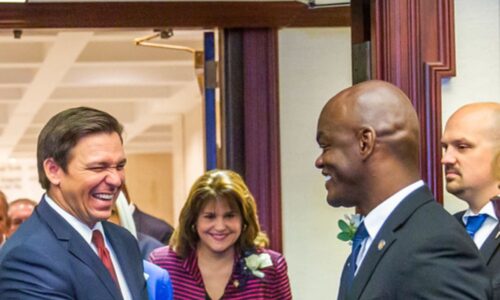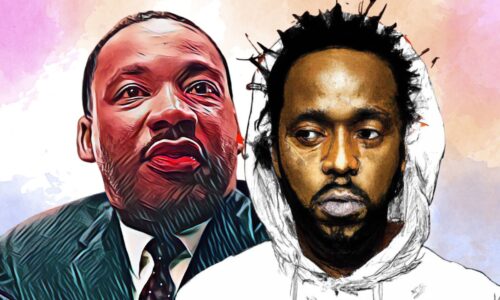Gang-related violent crime continues to affect young people across England and Wales, with the latest reports suggesting that gang leaders are offering teenagers up to £1,000 pounds to carry out stabbings. In their efforts to curb violence among young people, police and politicians must distinguish between those who are involved in crime and those who are innocent – or risk further marginalising deprived communities.
To understand young people’s intentions, authorities have to get to grips with the slang they use to communicate. But the relationship between the street slang used by many young people every day and the secret codes deployed by gang members while planning and boasting about crimes is not always straightforward, and lends itself to misunderstandings.
That’s where I come in. I have collected slang for as long as I can remember, and since the early 1990s I have taught about it too, and published dictionaries and articles to record and analyse it. Since 2009, I have been assisting law enforcement agencies and defence lawyers to make sense of evidence in criminal trials that hinge on slang terms most people are unable to decipher. Decoding and translating this language can help both young victims of violence and the young people who are wrongly accused of perpetrating it.
Violence and vernacular
Most academics and teachers in the UK pay slang little attention: it is, after all, the language of outsiders, of rebellion, of bad behavior and mockery. But I find colorful, unorthodox language like slang inherently interesting: it creatively exploits English in a way that both renews the language and gives a voice to marginal, misunderstood communities.
This includes ways of speaking that mix local and imported words and pronunciations, that have developed in London as well as other European cities. One of these vernaculars – called “multicultural London English” or Urban British English – has now spread far beyond the capital and can be heard even in rural streets and playgrounds.
Young criminals, of course, share the same accents, intonations, day-to-day vocabulary and grammatical novelties as all the other users of Urban British English. So I get involved when the meanings of slang terms are unclear, or when their interpretation is disputed by defense and prosecution in court. The same slang term may have more than one meaning: “plug”, for instance, may mean stab or shoot, or may refer to a drug contact or drug supply; “toys” can refer to drugs, drug paraphernalia, cars or guns.
Since the civil disturbances of 2011, during which electronic surveillance was used to monitor rioters’ conversations, frontline police officers have made themselves much more familiar with the jargon circulating on the streets. New terms are being coined all the time, but contrary to assumptions, slang doesn’t date quickly. Key terms in Urban British English – “bare” for many, “peng” or “piff” for attractive or good, “bait” for obvious, “p’s” or “gwop” or “lizzie(s)” for money, “food” for cannabis have been around for more than a decade.
In defense of drill
Law enforcers and social commentators made the connection between the slang used in the darker more violent forms of hip hop and knife crime some time ago. This has resulted in police issuing Criminal Behaviour Orders to groups that produce this kind of music, asking YouTube to delete such content from its platform and prosecuting two up and coming artists for breaching a gang injunction by performing in London in 2018.
Rap inherited a tradition of boasting, goading and insulting from the earlier dancehall styles, which featured rival MCs or DJs competing with one another. This can sound fantastically menacing to the uninitiated, and is taken to its furthest extremes – death threats, graphic descriptions of violence – by hyper-aggressive, macho drill music.
“Dissing” (insulting) and “bragging” (boasting) tracks reference “skengs”, “ramsays”, “shanks”, “swords” (meaning knives) as well as “spinners”, “mashes”, “burners” (meaning handguns), and celebrate “dipping” or “cheffing” (stabbing), “frying” or “wooshing” (shooting), “gliding” or “touring” (entering enemy territory) and “duppying” (killing).
Drill lyricists take their cues from slang spoken on the street – and slang speakers imitate them in turn. Some rappers are gang members themselves – and a small minority enact the atrocities they rap about in real life. But innocent young people and aspiring rappers also listen to drill music and adopt the violent vocabulary of established performers when writing and recording their own tracks.
It’s hardly surprising, then, that the police crackdown on drill music has met with resistance from academics, activists and artists, including Krept and Konan, who recently discussed the topic with MPs in parliament. Writing for The Guardian, Konan said:
After the murder of my stepdad, it was music that actually pulled me out of my former lifestyle. Before music, there was just jail, gangs and getting arrested. Without music, I do not know if I would be alive today. Best-case scenario, I’d be in prison.
Being able to understand the language of criminality may be a legal imperative, but there are social priorities too. Young people should be free to express their feelings, motivations and concerns in their own language. Authorities, teachers, parents and politicians should try to relate to the pressures of inner-city life and the sense of futility that many young people are experiencing – even when the words they prefer to use sound strange or menacing.
Tony Thorne, Director of Slang and New Language Archive, Faculty of Arts and Humanities, King’s College London
This article is republished from The Conversation under a Creative Commons license. Read the original article.





